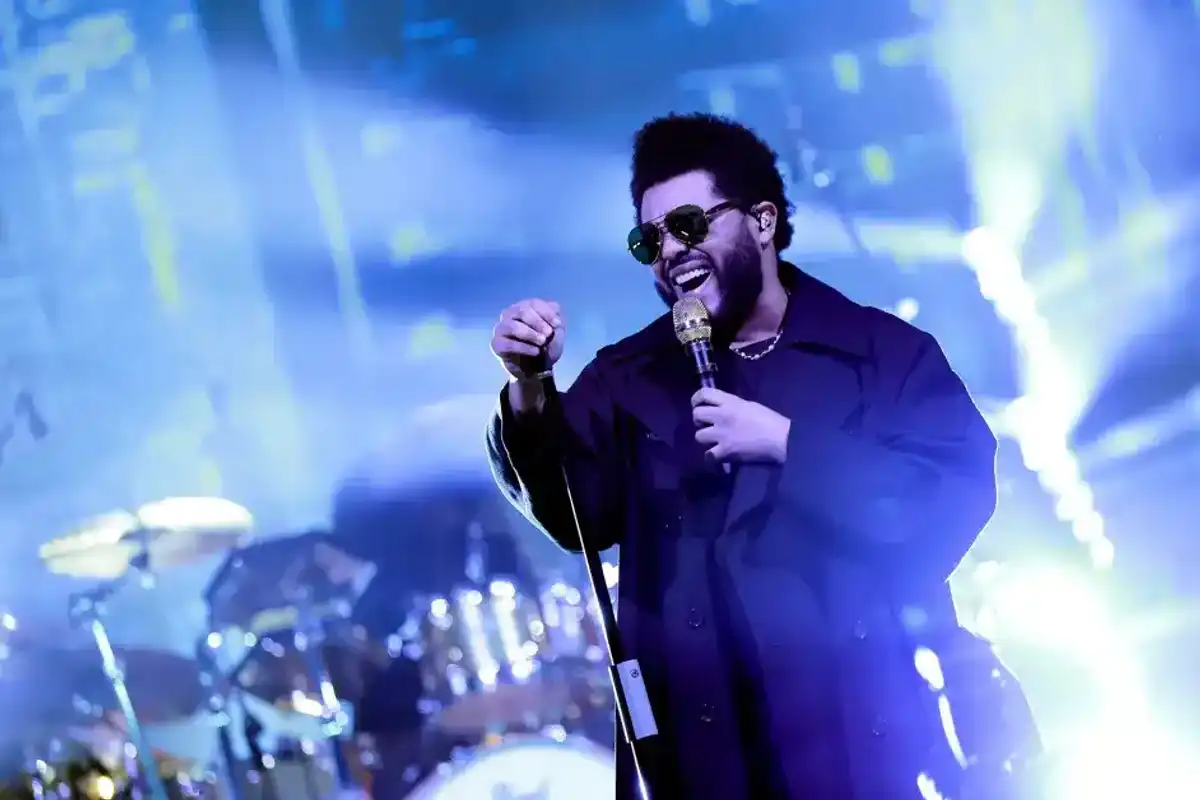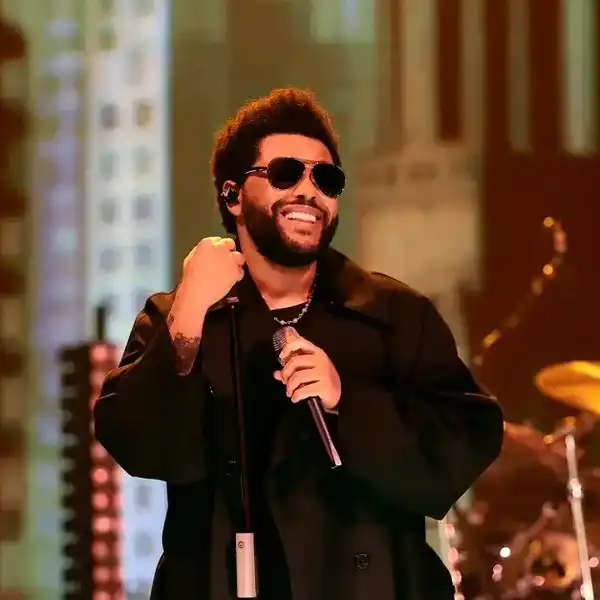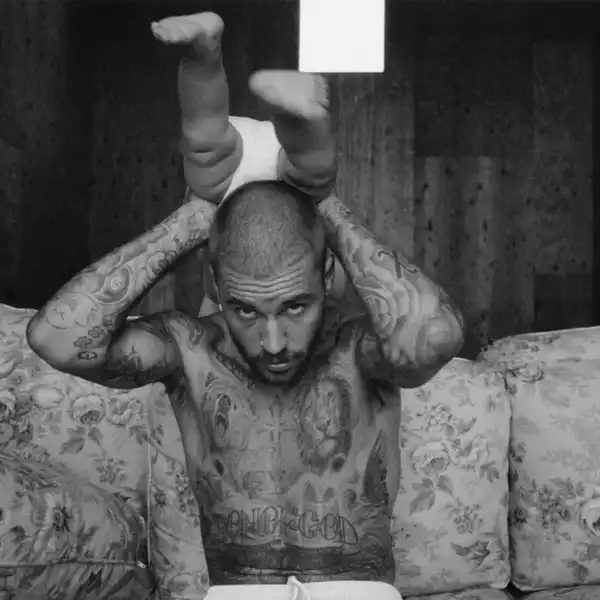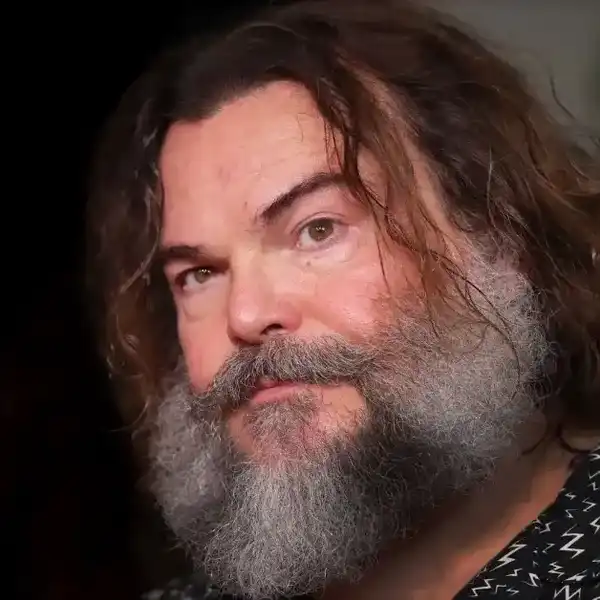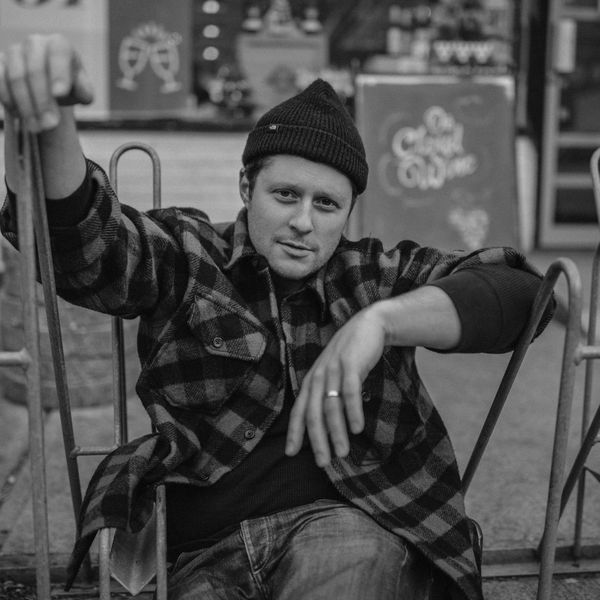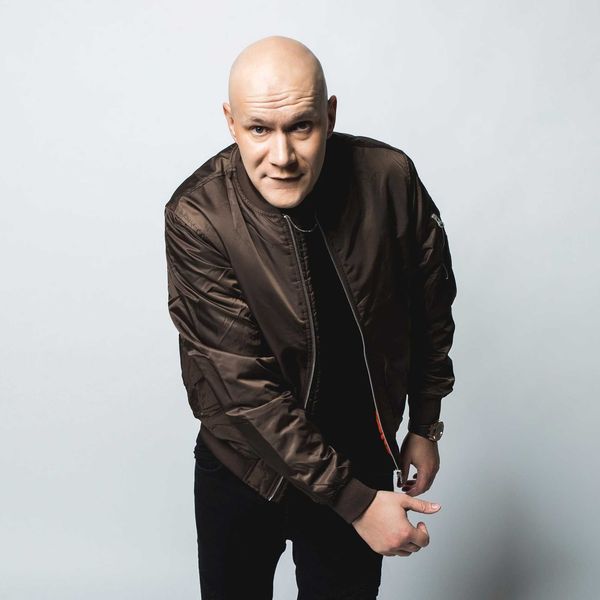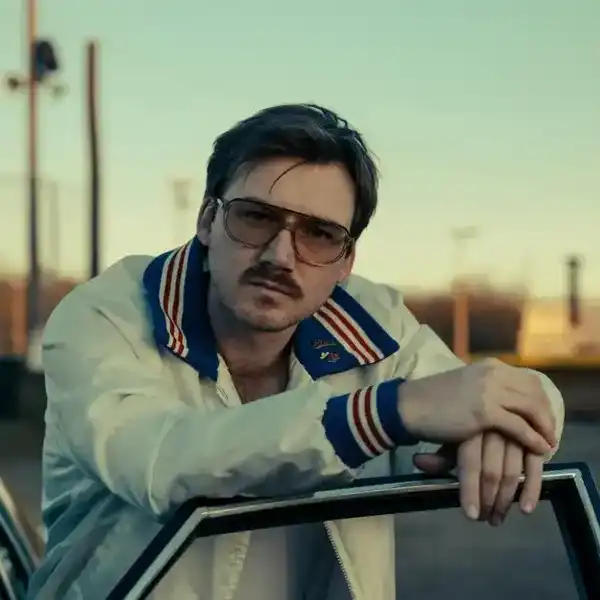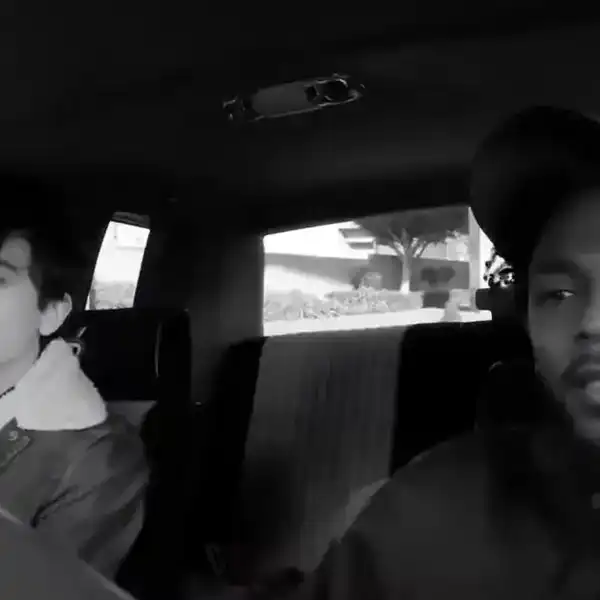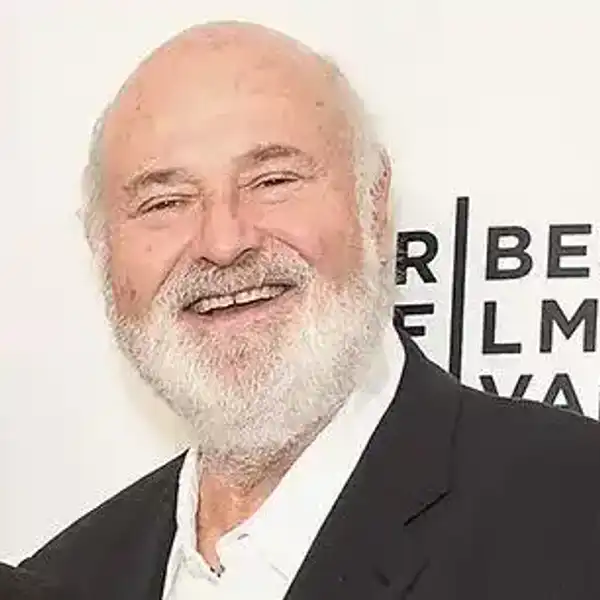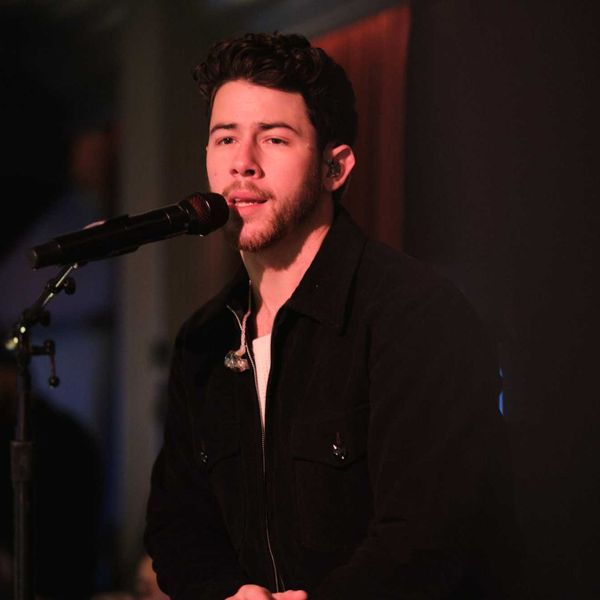Obituaries, Nov. 3, 2022
John McGale, guitarist and songwriter in the famed Québec band Offenbach, died on Oct. 30, his 66th birthday, after a car accident.

By Kerry Doole
John McGale, guitarist and songwriter in the famed Québec band Offenbach, died on Oct. 30, his 66th birthday, after a car accident.
McGale was Offenbach’s guitarist since 1978. Having reached guitar hero status in Québec, he also co-wrote some of Offenbach’s most famous songs, including Deux autres bières, J’ai l’rock’n’roll pis toé, Seulement qu’une aventure, and“Rock de v’lours.
As a songwriter and producer, he’d collaborated with Gerry Boulet, Breen LeBoeuf, Céline Dion, Éric Lapointe, Nanette Workman, Dan Bigras, Julie Masse, Natasha St-Pier, Mixmania, Toyo, Shawn Philips, and Martin Deschamps.
Over a 40-year career, he shared the stage with well-known artists such as April Wine, B. B King, Joe Cocker, Nanette Workman, Shawn Phillips, and Celine Dion. Last June, he spent his last National Day on stage, in Mauritius, with Offenbach. Sources: SOCAN, La Fête nationale du Québec
Jerry Lee Lewis, an American singer, songwriter and pianist hailed as a pioneer of rock 'n roll and rockabilly, died on Oct. 28, age 87
Nicknamed "The Killer", he was described as "rock & roll's first great wild man." His sometimes scandalous exploits offstage would draw as much attention as his groundbreaking musical style.
Lewis made his first recordings in 1952 at Cosimo Matassa's J&M Studio in New Orleans, Louisiana, followed by recordings in 1956 at Sun Records in Memphis, Tennessee. Crazy Arms sold 300,000 copies in the South, and his 1957 hit Whole Lotta Shakin' Goin' On brought him global fame. He followed this with the major hits Great Balls of Fire, Breathless, and High School Confidential, but his rock and roll career faltered in the wake of his marriage to Myra Gale Brown, his 13-year-old cousin once removed.
Aside from a cover of Ray Charles's What'd I Say, he did not have much chart success in the early 1960s. His 1964 album Live at the Star Club, Hamburg is regarded by many music journalists and fans in general as one of the wildest and greatest live rock albums ever.
In 1968, Lewis made a transition into country music and had hits with songs such as Another Place, Another Time. He stormed back with 11 straight Top 10 records that would carry him into the mid-70s. Chantilly Lace, There Must Be More to Love Than This and What Made Milwaukee Famous were three of his No. 1 songs, and he'd continue to chart into the early '80s.
Over his lengthy career, Lewis had 30 songs reach the Top 10 on the Billboard Country and Western Chart. His No. 1 country hits included To Make Love Sweeter for You, Would You Take Another Chance on Me, and Me and Bobby McGee.
His scandal-plagued personal life likely kept him out of the Country Music Hall of Fame until the very end of his life. He received that honour last month but was too ill to attend the ceremony.
In the 21st century, Lewis continued to tour around the world and released new albums. His 2006 album Last Man Standing was his best-selling release, with over a million copies worldwide. This was followed by Mean Old Man in 2010, another of his bestselling albums.
Lewis had a dozen gold records in rock and country. He won four Grammy awards, including a Grammy Lifetime Achievement Award and two Grammy Hall of Fame Awards. Lewis was inducted into the Rock and Roll Hall of Fame in 1986 and his pioneering contribution to the genre was recognized by the Rockabilly Hall of Fame.
He was also a member of the inaugural class inducted into the Memphis Music Hall of Fame. In 1989, his life was chronicled in the movie Great Balls of Fire, starring Dennis Quaid. Lewis was the last surviving member of Sun Records' Million Dollar Quartet and the album Class of '55, which also included Johnny Cash, Carl Perkins, Roy Orbison, and Elvis Presley.
Upon hearing of his passing, Bob Dylan paid tribute to Jerry Lee Lewis at his show in Nottingham, England last week, performing I Can’t Seem to Say Goodbye. On social media, Lewis' peer Wanda Jackson posted this: "For a good while now, Jerry Lee Lewis and I were the only ones living of the original rock’n’rollers of the 50s. Now, it only leaves me. Jerry was one of our great entertainers and I loved hearing his rock’n’roll songs, but oh my, what he did to a country ballad was incredible! The Country Music Hall of Fame and Museum finally inducted him! I’ll never forget Jerry Lee going to church with me while we were touring Canada, and he and I sharing a hymn book. I’ll miss you, old friend. Every day.”
Over the decades, Jerry Lee Lewis frequently performed in Canada. One notable appearance was as part of Ronnie Hawkins' 2005 60th birthday concert at Toronto's Massey Hall. The star-studded lineup there included Lewis, Carl Perkins, The Band, Lawrence Gowan, and Jeff Healey, and a live DVD of that show, Let It Rock: The 60th Birthday Concert, was released.
Veteran Canadian rockabilly and blues artist Jack de Keyzer was a big Lewis fan, and he told FYI of one memorable encounter. "I saw him play at the Skyline Hotel in North Toronto. Jerry Lee could be moody and difficult and for this show he’d been slowing everything down to a crawl, eyeing the audience with a combination of disdain and amusement, like a cat playing with a mouse. I was standing side stage mere feet from the Killer watching as he finished a particularly languid version of Great Balls of Fire. For some insane reason I decided to yell out, 'Jerry Lee Play it right!'
"He stopped reared up and looked me dead in the eye with a mixture of anger and hurt pride. Like a wounded animal he stood up, kicked the bench back and launched into the correct wild and crazy tempo as James Burton and crew beamed along. Pounding the last notes out with his foot he looked at me defiantly, as if to say, you have to be careful playing with fire- you never know when one could spread out of control and burn everything down. Jerry Lee was a man who understood out-of-control fires."
Canadian country music authority Larry Delaney (Cancountry) supplied us with a list of songs written by Canadians that Lewis recorded. That list featured seven numbers written by Ray Griff (including the #14 Billboard hit Who’s Gonna Play This Old Piano), Gordon Lightfoot's Early Morning Rain, Neil Young's You Don’t Have To Go, and Robbie Robertson's Twilight.
After public memorial services this weekend in Hernando, Mississippi and his birthplace, Ferriday, Louisiana, Lewis' funeral service will take place on Nov. 5 in Ferriday. In lieu of flowers, the family is asking for donations in Lewis' honour to the Arthritis Foundation or MusiCares. Sources: Rolling Stone, The Guardian, Larry Delaney, Wikipedia
D.H. Peligro (Darren Henley), Dead Kennedys' longtime drummer, died on Oct. 28, after an accidental fall at his LA home. He was 63.
Peligro’s contemporaries eulogized him on social media. Flea took to Instagram, saying “The first time I saw you play with the DK’s in ‘81 you blew my mind. The power, the soul, the recklessness.” Superchunk’s Jon Wurster posted a video of a Dead Kennedys set in San Francisco from 1984 with the words “D.H. Peligro has left the building. One of the absolute greats.”
Dead Kennedys leader Jello Biafra posted this tribute: "He was not just our powerful unforgettable drummer. He was a gifted singer, songwriter, guitarist and so much more.
Even behind the drum kit, he had presence. All animal instinct, he never played anything quite the same way twice. He was a born showman."
During junior high in St. Louis, Peligro fell in love with rock music in particular thanks to KISS, Bachman-Turner Overdrive, and Black Sabbath. He moved to San Francisco as a teenager and lived on the streets in a van, where he was introduced to artists like Television, the Ramones, Devo, and the Go-Gos.
He became a fixture of both the San Francisco and Los Angeles music scenes while playing with S.S.I., most notably for melding his drumming style to blend punk rock, hardcore, metal, and reggae. Dead Kennedys formed in June 1978 in San Francisco with singer Jello Biafra, guitarist East Bay Ray, bassist Klaus Flouride, and drummer Bruce “Ted” Slesinger. The band released their debut album, Fresh Fruit for Rotting Vegetables, in 1980. Slesinger left the band that following year, and D. H. Peligro stepped in to replace him on drums after earning the admiration of Biafra at S.S.I. live shows.
Peligro made his recorded debut with Dead Kennedys on the 1981 EP In God We Trust, Inc., which includes their hit Nazi Punks Fuck Off. Peligro’s hardcore drumming style continued in a modified form on the band’s sophomore album, 1982’s Plastic Surgery Disasters, and on through their next string of records: 1985’s Frankenchrist, 1986’s Bedtime for Democracy, and the 1987 compilation album Give Me Convenience or Give Me Death.
Following DK's break up in December 1986, Peligro briefly joined Red Hot Chili Peppers in 1988. He performed with them and contributed to the songwriting process for several tracks on their fourth album, Mother’s Milk. Peligro is also responsible for introducing Kiedis and Flea to then-teenager John Frusciante, who joined as their new guitarist shortly afterwards. In November of that same year, Peligro was fired. Red Hot Chili Peppers replaced him with Chad Smith several weeks later.
In 2001, Ray, Peligro, and Flouride reunited Dead Kennedys. Apart from a one-year absence to address health-related issues, Peligro was a part of the band’s entire reunion effort, from multiple tours on through to live album releases like Mutiny on the Bay, Live at the Deaf Club, and DK 40.
During the later years of his career, Peligro performed with other artists both live and in the studio, including Moby, Feederz, the Aliens sans Roky Erickson, and Nailbomb, among others. He also formed his own band named Peligro, which released a self-titled album, Welcome to America, and Sum of Our Surroundings. Additionally, he fronted the bands Reverend Jones and the Cool Aid Choir, the Hellions, and Al Sharpton’s Hair.
Peligro was considered an early Black icon in the punk rock scene. Sources: Pitchfork, Alternative Tentacles
Takeoff (born Kirshnik Khari Ball, the third member of hit rap group Migos alongside Quavo and Offset, died on Nov. 1, after being shot at a bowling alley in Houston.
On Twitter, friends and admirers paid tribute to the late rapper. “I remember Takeoff being a very down-to-earth, cool dude,” wrote boxer Chris Eubank Jr. “Can’t believe I’m having to say this again about another young Black star being killed for no reason, something really has to change in the industry.”
Gucci Mane, who often collaborated with Migos responded to the news with “R.I.P.” while Ja Rule wrote: “this shit has to STOP … sending love to friends and family.” Lloyd Banks called him a “very dope artist gone too soon” and Ugly God tweeted that Migos “changed the whole cadence of rap”.
Takeoff was born in Lawrenceville, Georgia, in 1994. Raised with Quavo – his uncle, but only three years older than him – by Quavo’s mother Edna, he began rapping from an early age. In his book, Rap Capital: An Atlanta Story, Joe Coscarelli says that Takeoff “put the most early hours into the craft of rapping” of the three members of Migos, and was greatly inspired by Lil Wayne’s rap group the Hot Boys, as well as Tupac, Biggie and OutKast.
In 2008, Takeoff, Quavo and Offset – Takeoff’s cousin – began rapping under the collective name Polo Club, and in 2011, the trio released Juug Season, their debut mixtape as Migos. In 2013, Migos released Versace, their first mainstream hit. The song was eventually remixed by Toronto rapper Drake, who would go on to have a long-running association with all three members of the group.
Migos are best known for their 2016 Lil Uzi Vert collaboration Bad and Boujee, which peaked at No 1 in the US, as well as Top 10 hits MotorSport, with Nicki Minaj and Cardi B, and Walk It Talk It, with Drake. (Although Bad and Boujee is credited to Migos, Takeoff did not actually appear on the song or in its video.) As a solo artist, Takeoff released one album – 2018’s The Last Rocket, which debuted at No 4 in the US – and one record as a duo, last month’s Only Built for Infinity Links, with Quavo. Sources: The Guardian, CBC News, AP

